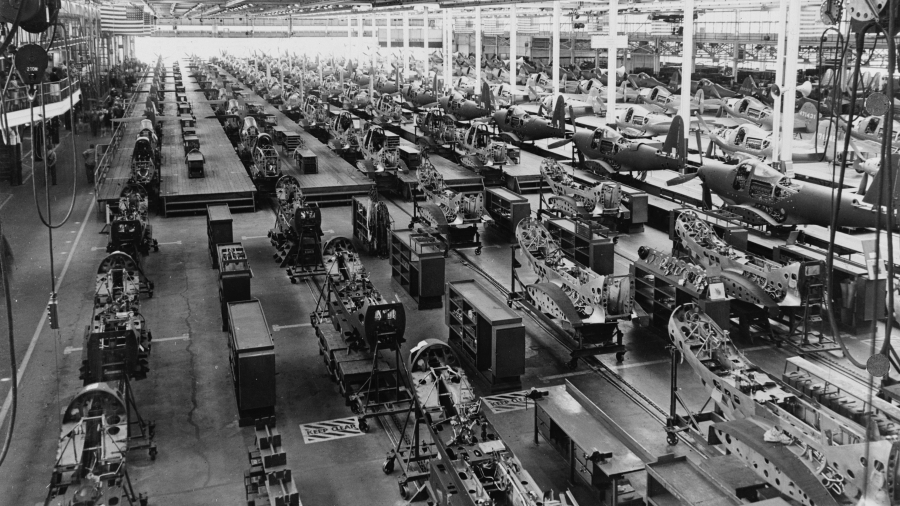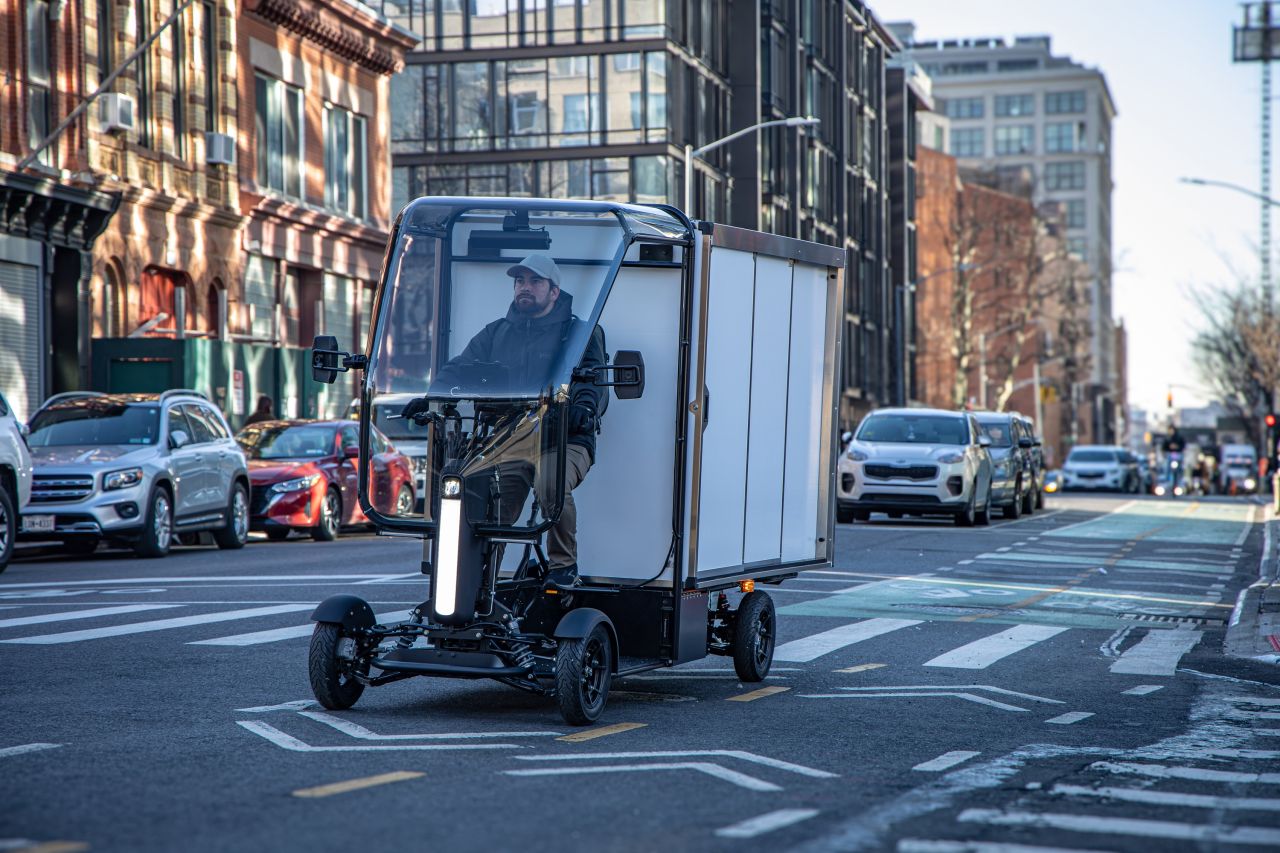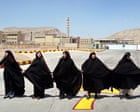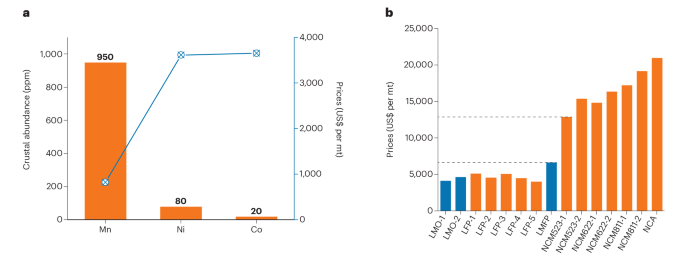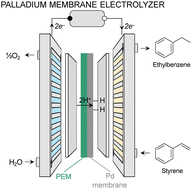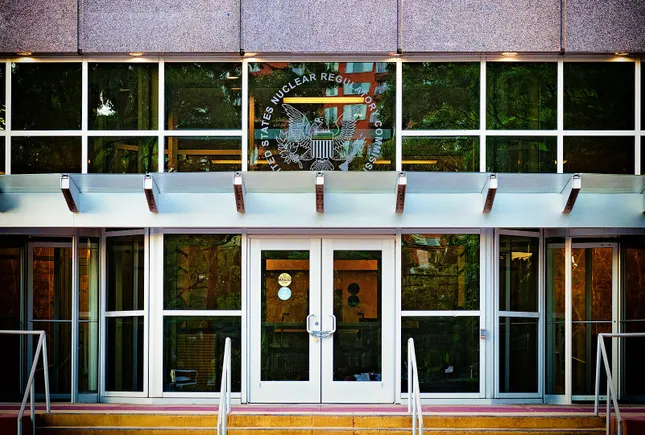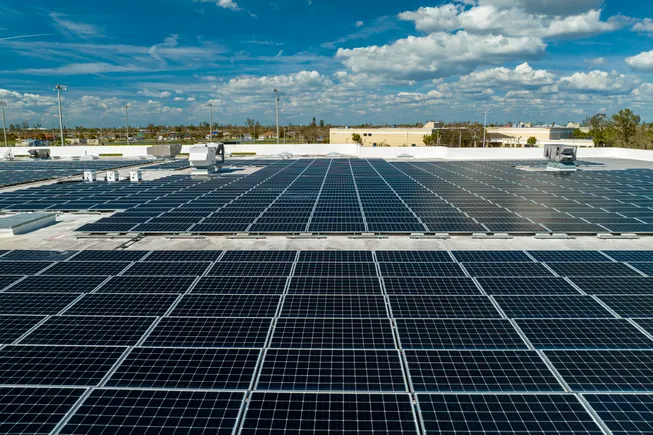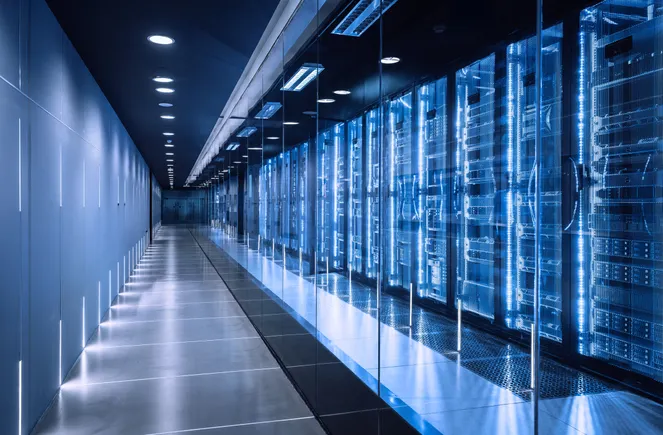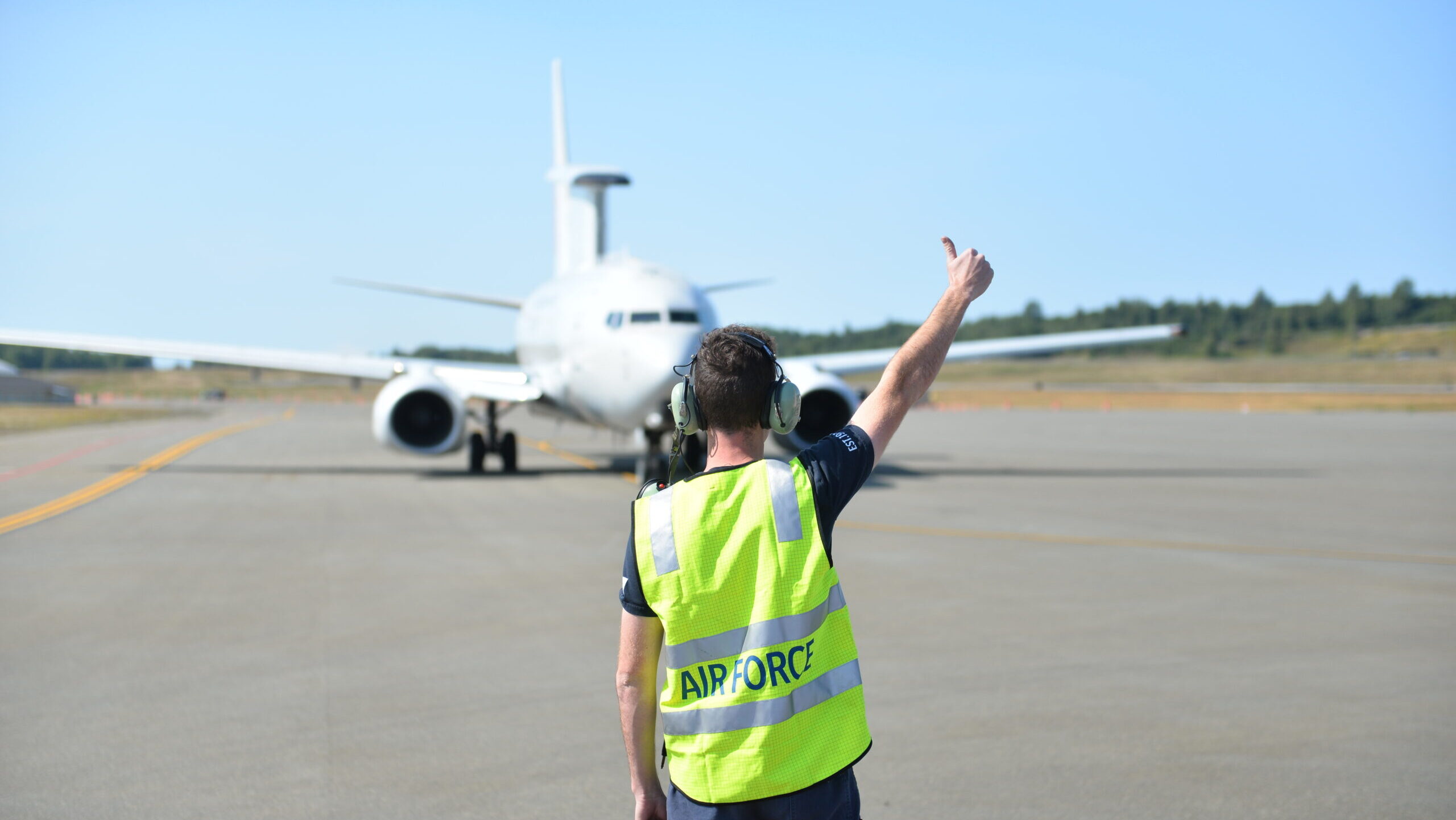America’s maritime future depends on building our workforce today
Matt Sermon, head of the Navy’s Maritime Industrial Base Program, in this op-ed puts out the call for a larger shipbuilding workforce as a national security imperative.
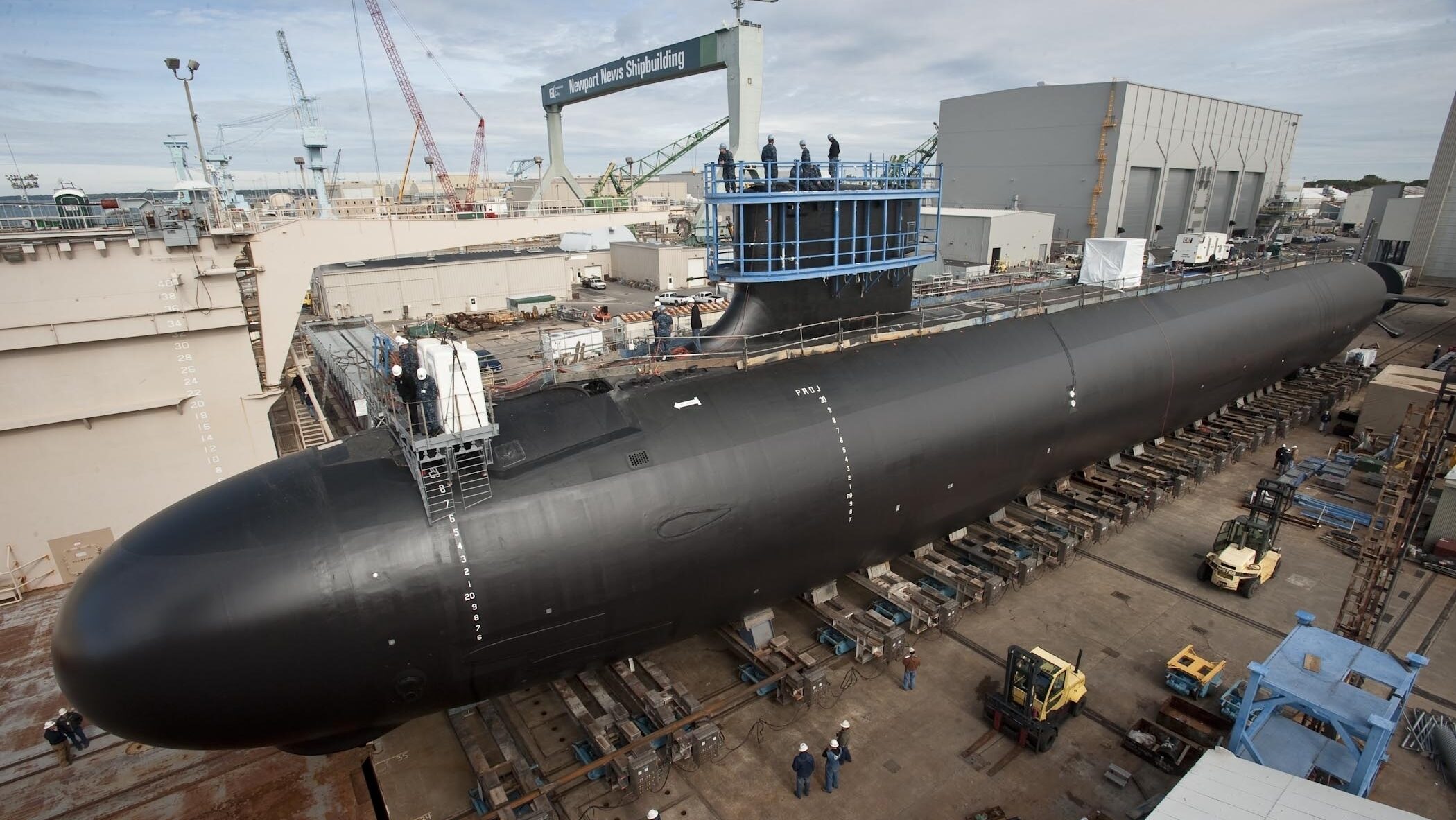

The Virginia-class attack submarine Minnesota (SSN 783) is under construction at Huntington Ingalls Newport News Shipbuilding. (U.S. Navy photo courtesy of Newport News Shipbuilding/Released)
This Friday, the Navy’s Maritime Industrial Base (MIB) Office will celebrate hundreds of new maritime workers at our National Signing Day in Washington, DC. These men and women represent America’s answer to perhaps the most critical national security challenge we face: rebuilding our maritime industrial engineering and skilled trades workforce through focused efforts to improve attraction, build and scale world-class training, and improve retention.
You won’t read about this challenge in most mainstream news headlines. It doesn’t directly involve hypersonic missiles or artificial intelligence. Yet this workforce crisis threatens America’s naval dominance more directly than many realize.
The facts are sobering. Our nation’s manufacturing workforce has collapsed from more than 30 percent of Americans to roughly 11 percent today. Meanwhile, the Navy has embarked on its most ambitious shipbuilding program since the 1980s. By 2028, we must deliver three submarines annually, while simultaneously constructing over 10 classes of surface ships, building highly capable unmanned vessels, and maintaining our existing fleet.
This isn’t just a Navy problem — it’s a national security imperative. Our fleet represents America’s global reach and deterrent power. Surface ships maintain freedom of navigation across the world’s oceans, ensuring 90 percent of global trade flows unimpeded. Submarines, carrying 70 percent of our strategic arsenal, provide unmatched deterrence through their stealth and lethality.
Building and maintaining these vessels requires skills that are increasingly rare in America: “hands-on work” such as welding, electrical work, machining, pipefitting, and quality inspection. Each submarine contains more than a million parts. Each aircraft carrier represents millions of work hours of labor. Every one of these platforms depends on workers with specialized skills.
This is why the MIB created the Talent Pipeline Program in 2021. Unlike traditional workforce initiatives, TPP doesn’t simply connect workers to careers — it transforms entire regional ecosystems by aligning educators, employers, and career-seekers toward a shared mission of maritime excellence.
The results so far have validated our approach. Since launching, we’ve established seven pipelines across the country, placed over 9,550 skilled workers, and partnered with more than 450 companies. This month alone, our regional Signing Day ceremonies recognized over 4,200 new hires entering the workforce in 2025.
Our newest pipeline, Enterprise Plus, extends these benefits to companies with national footprints, ensuring that manufacturers across America can access these resources and implement the tools regardless of geography.
This approach works because it’s collaborative rather than prescriptive. Every partner has to have some “skin in the game” and a willingness to do something different. We recognize that workforce challenges differ fundamentally from region to region. By tailoring solutions to local realities — transportation options, childcare availability, housing costs — we create sustainable talent ecosystems, not just temporary employment surges. This program seeks to build a better business, to attract a better employee, to embark on a career — not just a job.
President Donald Trump’s recent Executive Order on Restoring America’s Maritime Dominance amplifies these efforts. The order’s emphasis on workforce development aligns perfectly with our mission, while proposed Maritime Prosperity Zones complement our strategy of targeted regional investments. The establishment of a Maritime Security Trust Fund could also provide consistent funding critical to long-term growth and sustainment of the industrial base.
A Call To Action
On Friday, at our National Signing Day, we’ll celebrate what these regional efforts collectively represent — a resurgence in American maritime manufacturing. But this day represents more than recognition; it’s a call to action for three specific audiences.
First, to employers across the maritime sector: Join this national movement.
Whether you build submarine components, repair surface ships, or manufacture specialized electronics, the TPP offers resources to strengthen your workforce. Our team provides recruitment support, retention strategies, and training alignments that make your business more competitive while strengthening national security. Your employees are your most important asset.
Second, to policymakers and community leaders: Recognize maritime manufacturing as essential infrastructure.
The vessels protecting American interests globally begin in your communities. Sound the alarm. Spread the gospel of shipbuilding and manufacturing. Support training programs, infrastructure investments, and policies that revitalize the industrial base upon which our national security depends.
Finally, to Americans seeking meaningful careers: Consider the maritime sector.
These aren’t just jobs; they’re well-paying careers with clear advancement paths and profound purpose. Most importantly, you build and maintain the tools that our Sailors and Marines use to accomplish their missions and come home safe. When a submarine deters adversaries or a destroyer delivers humanitarian aid, your craftsmanship directly protects American lives and secures our nation’s interests.
Looking ahead, our needs remain substantial. The MIB program anticipates requiring approximately 250,000 new skilled workers over the next decade to meet projected shipbuilding and fleet sustainment demands. Meeting this challenge requires sustained commitment from industry, academia, and government partners.
This year marks the 250th anniversary of the US Navy, with celebrations culminating in Philadelphia this October — fittingly, the same city where our first Talent Pipeline Program launched. Philadelphia holds special significance as the birthplace of American naval shipbuilding: It’s where the first US warship, USS United States, was constructed, and it’s home to the first US Navy public shipyard.
This 250th anniversary milestone reminds us that without a robust maritime industrial base, the Navy simply wouldn’t exist. The skilled trades workers we’re developing today aren’t just building the current fleet; they’re laying the foundation for another 250 years of naval excellence. There’s profound symmetry in celebrating our naval heritage in the city that gave birth to our nation, our Navy’s first warship, and our first talent pipeline.
The security of our nation has always depended on seapower. From John Paul Jones to today’s nuclear fleet, naval strength has safeguarded American interests and values. Throughout our history, this power has been championed in the halls of Congress and by the Pentagon, but realized in shipyards and manufacturing facilities powered by great engineering prowess and wonderfully skilled American workers.
Through the Talent Pipeline Program, we’re ensuring this proud tradition continues — one shipbuilder, one community, one pipeline, one employer, one person at a time. America’s maritime future depends on it.
Matt Sermon has more than 20 years of experience as a Navy civilian acquisition professional and is a former Surface Warfare Officer (Nuclear). Today he leads the Navy’s Maritime Industrial Base Program.
The Navy’s Maritime Industrial Base Program was established to develop, implement, and execute a plan to stabilize, enhance, and grow the maritime industrial base by addressing the wide range of challenges to industrial base capacity, capability, and workforce. More information is available here.







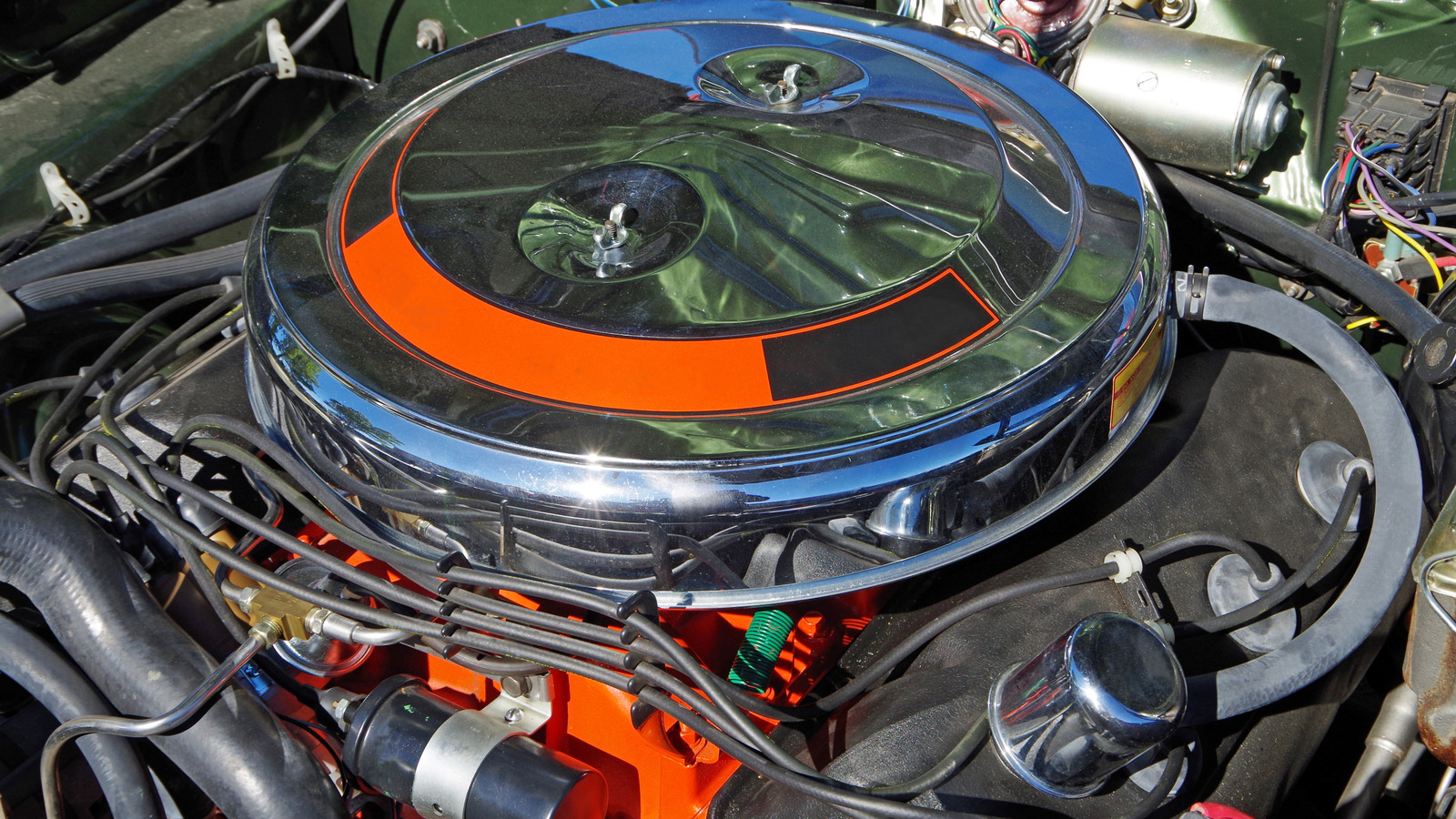





















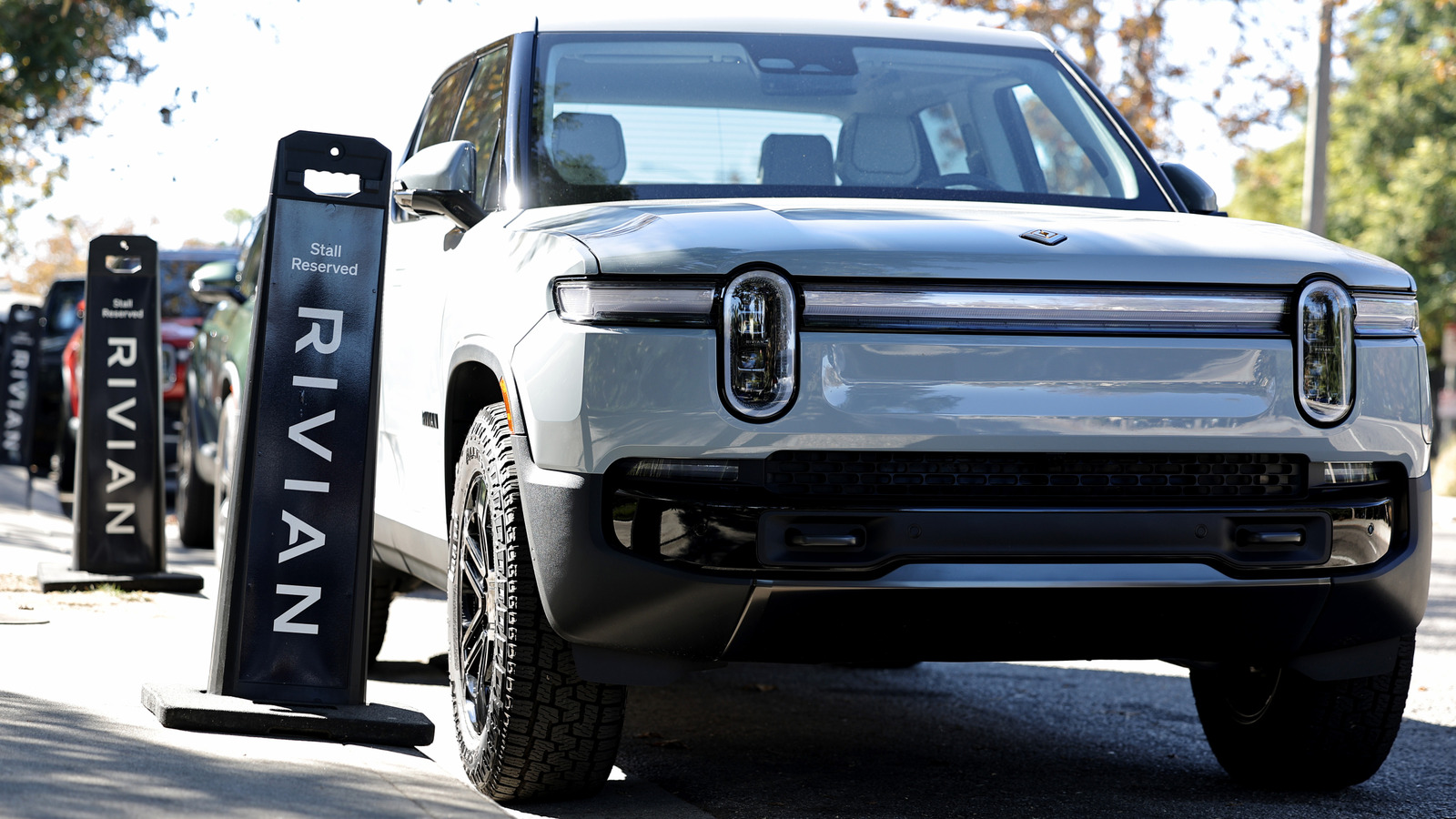
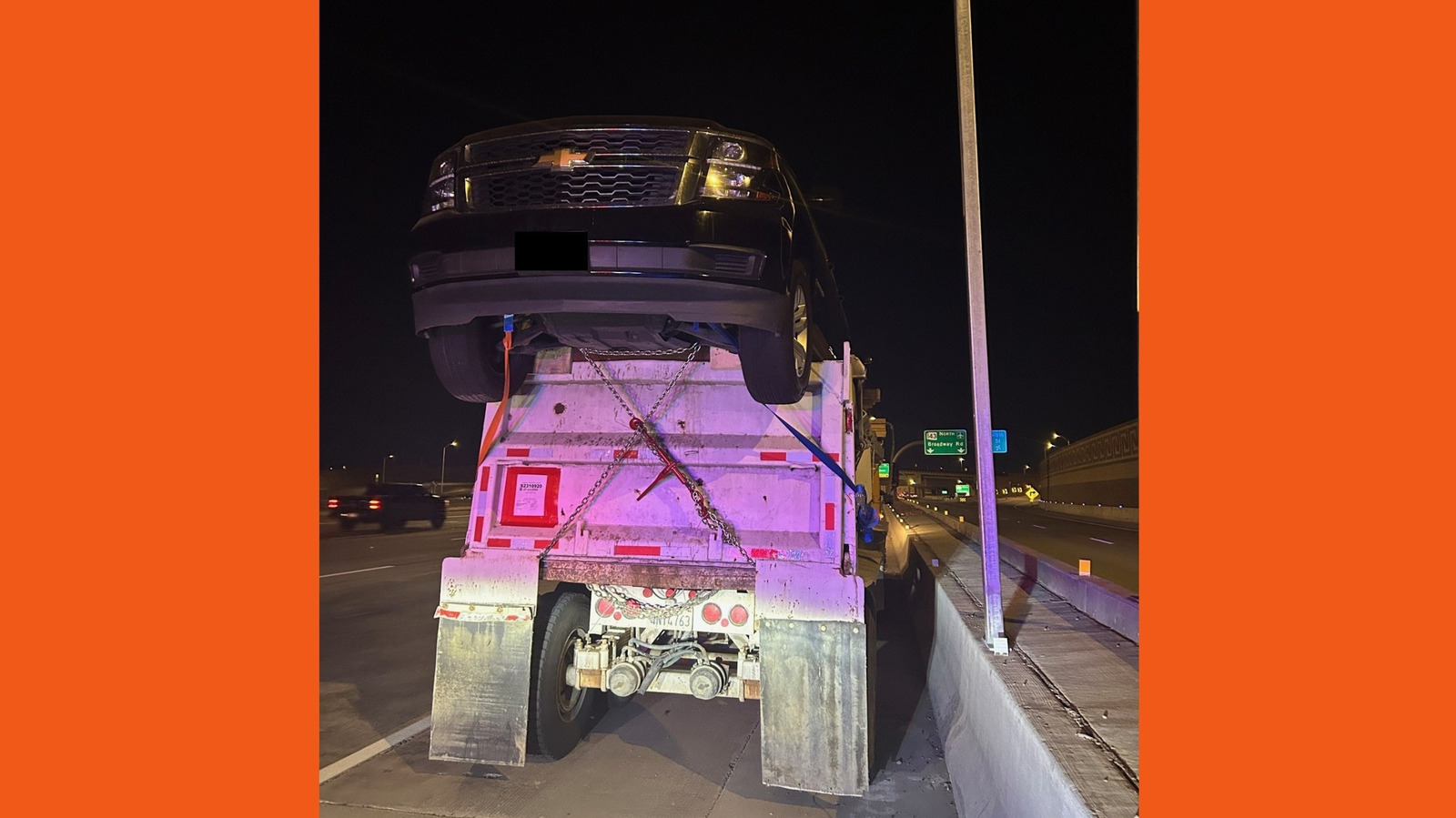




































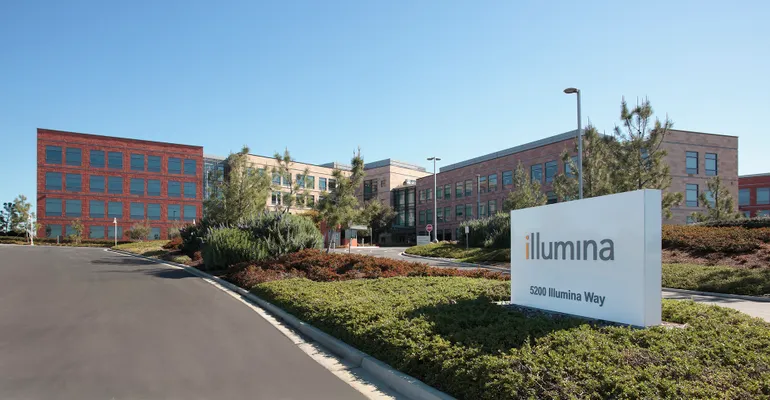

















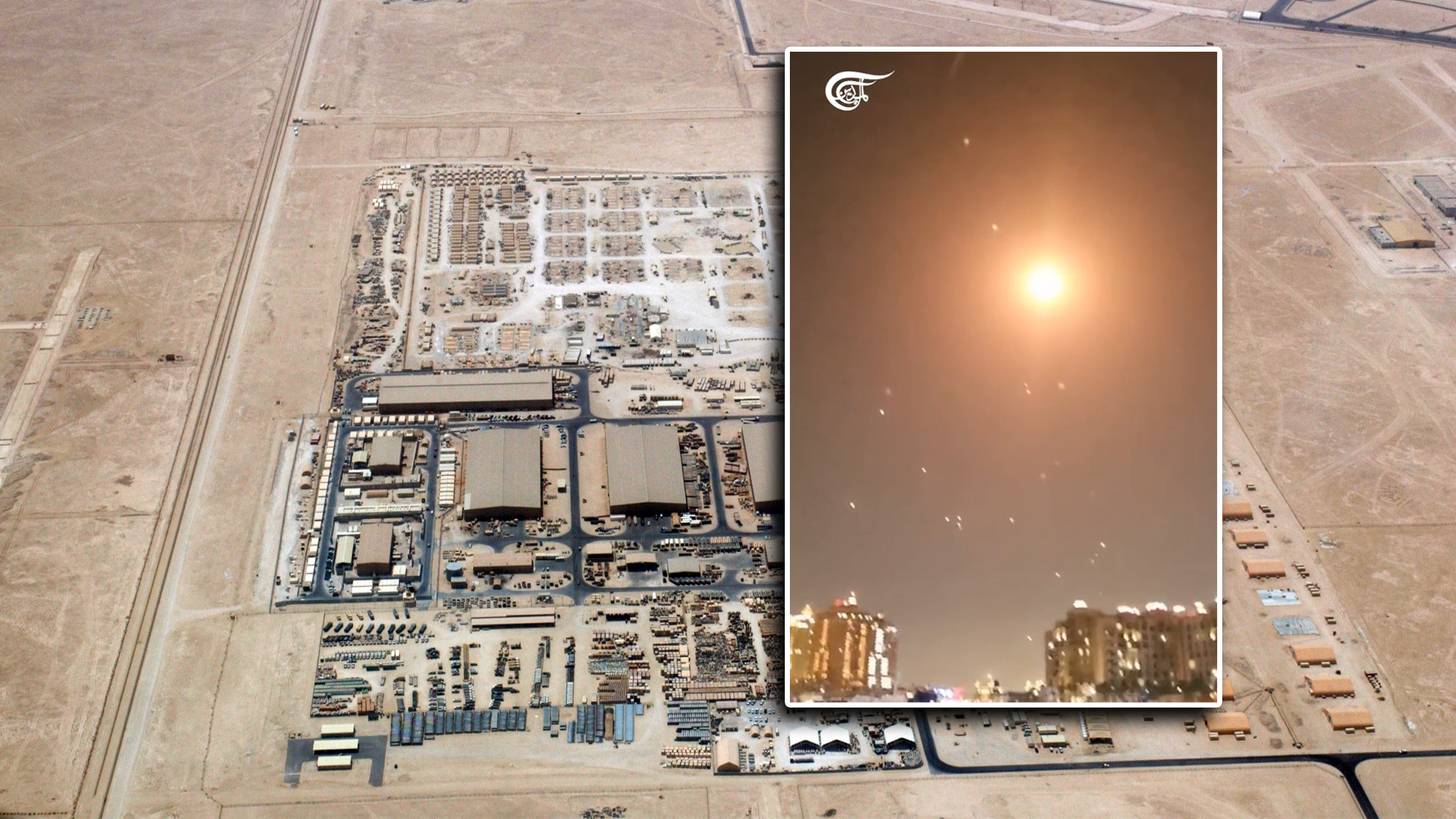



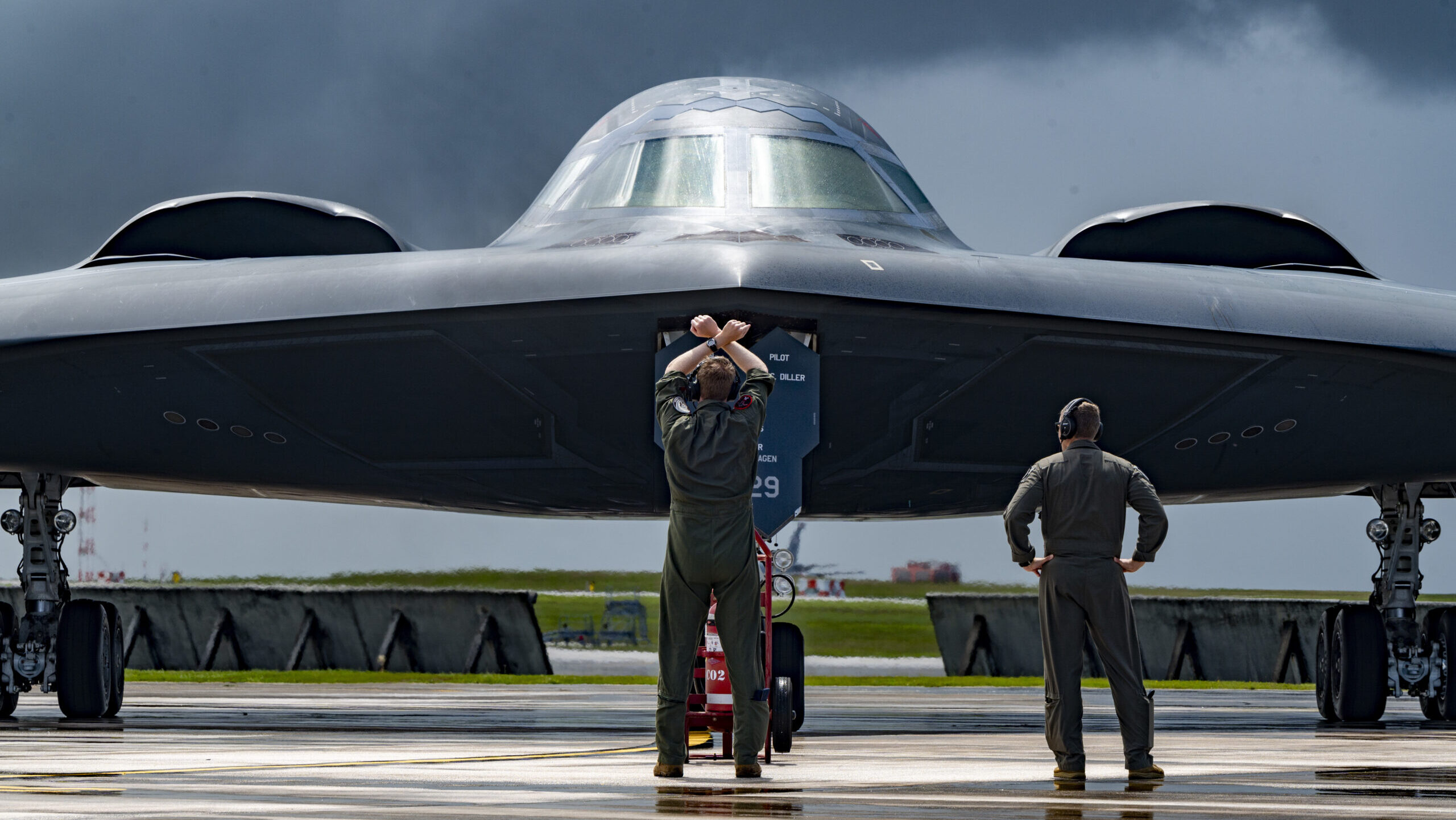











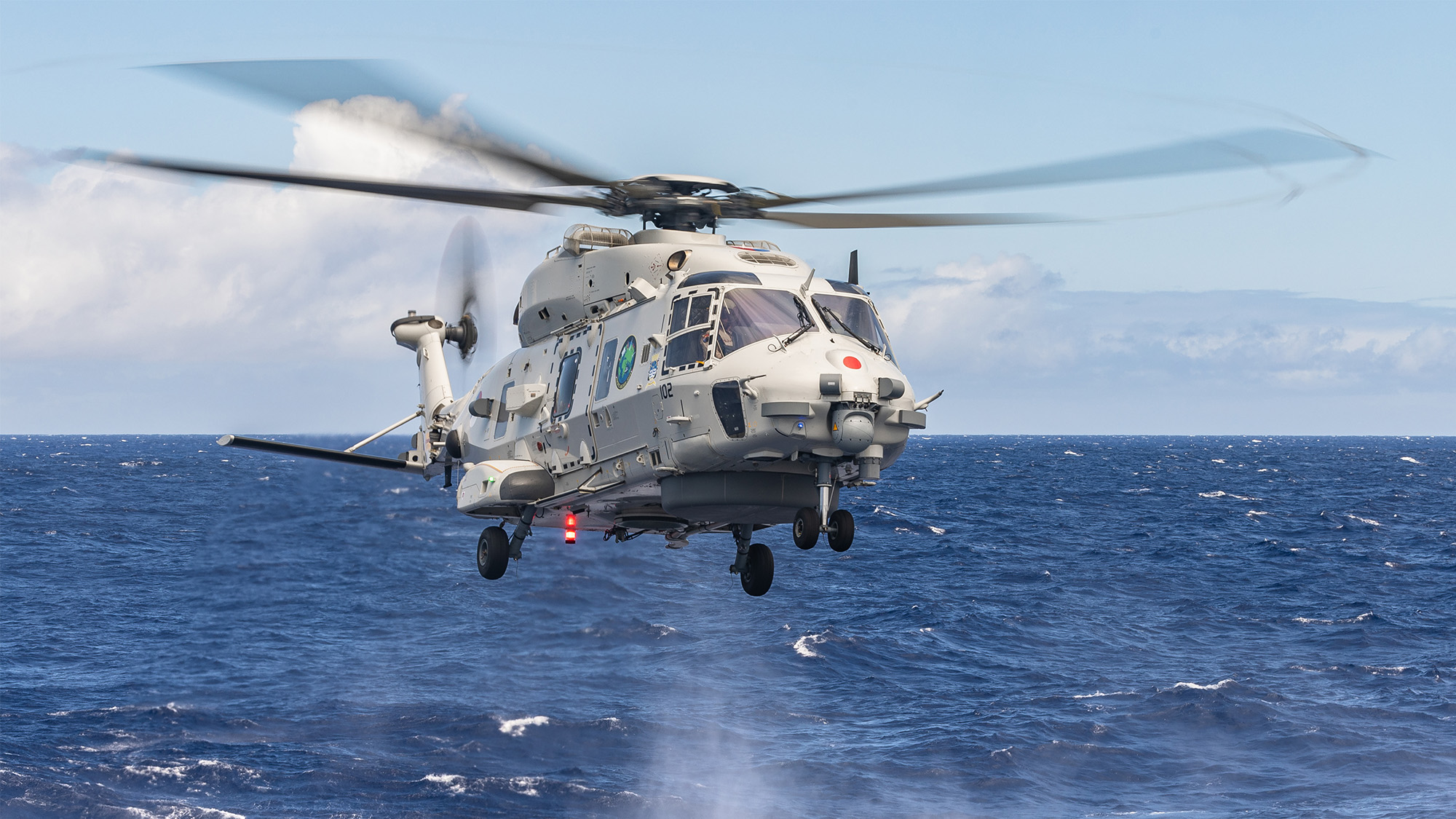
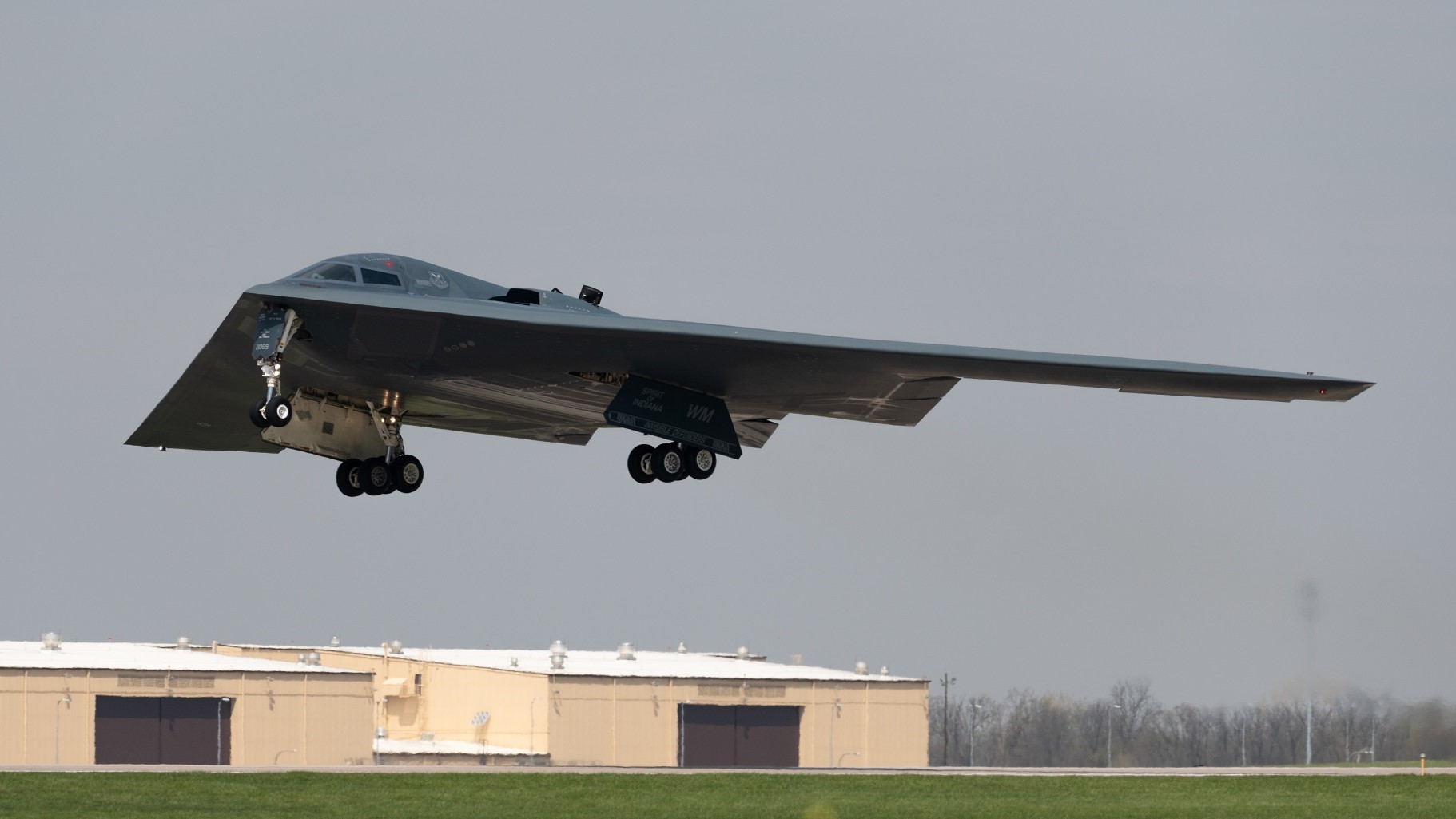
![[Updated] B-2 Spirit Bombers Struck Iranian Nuclear Sites](https://theaviationist.com/wp-content/uploads/2025/06/B2sGuam_2.jpg)







